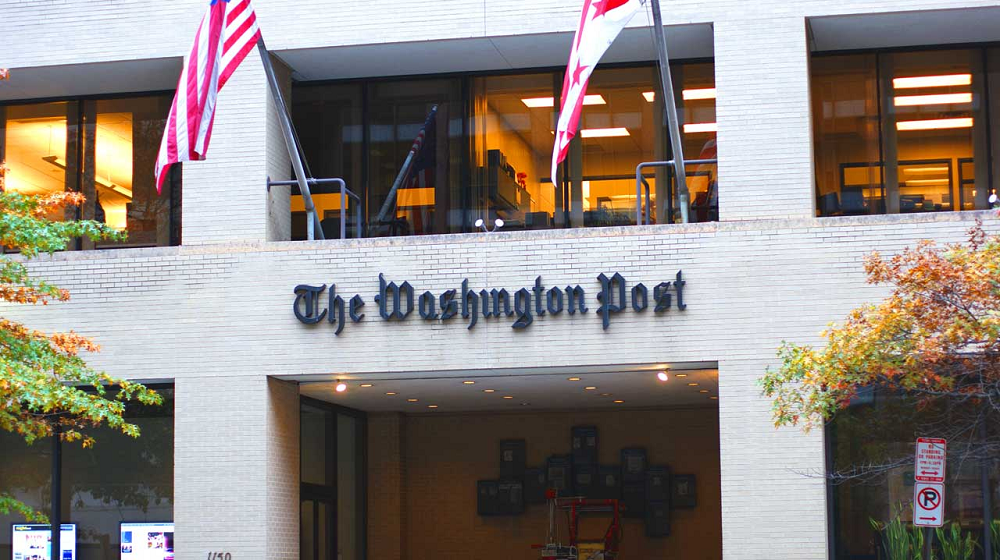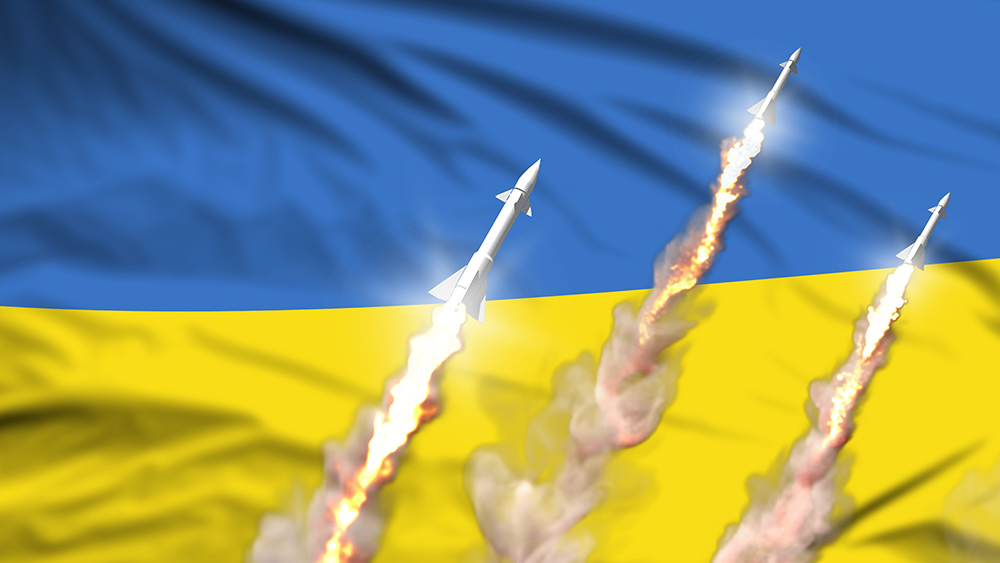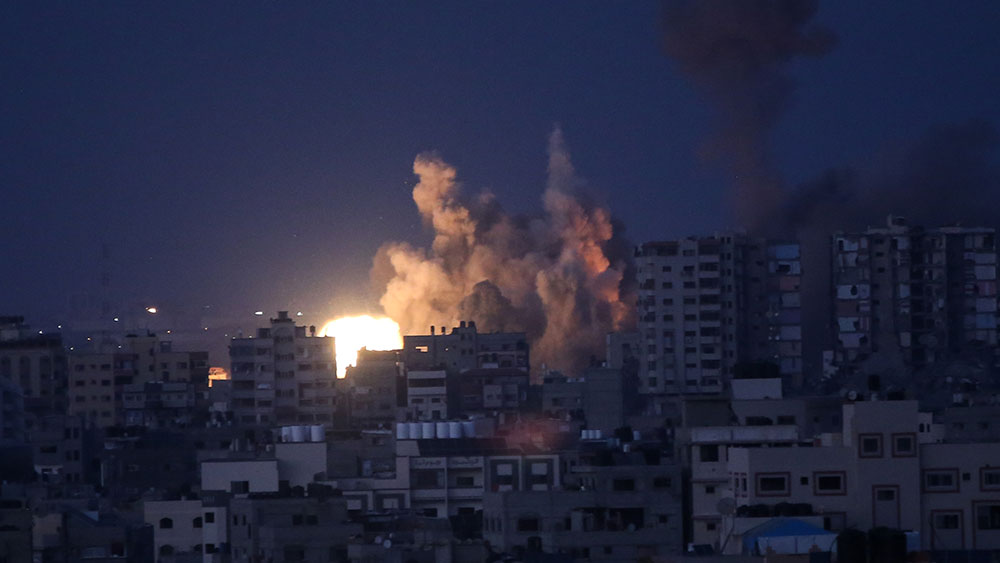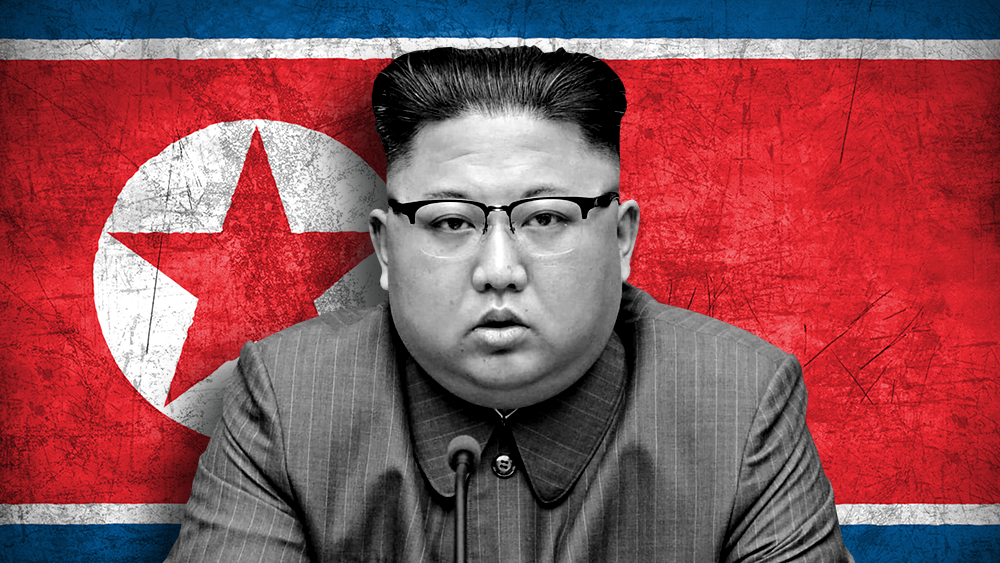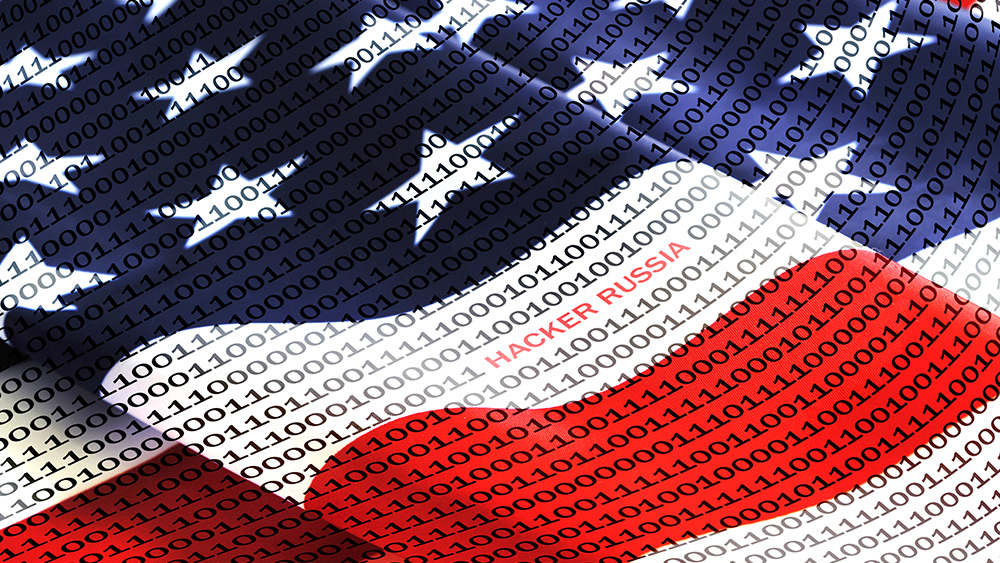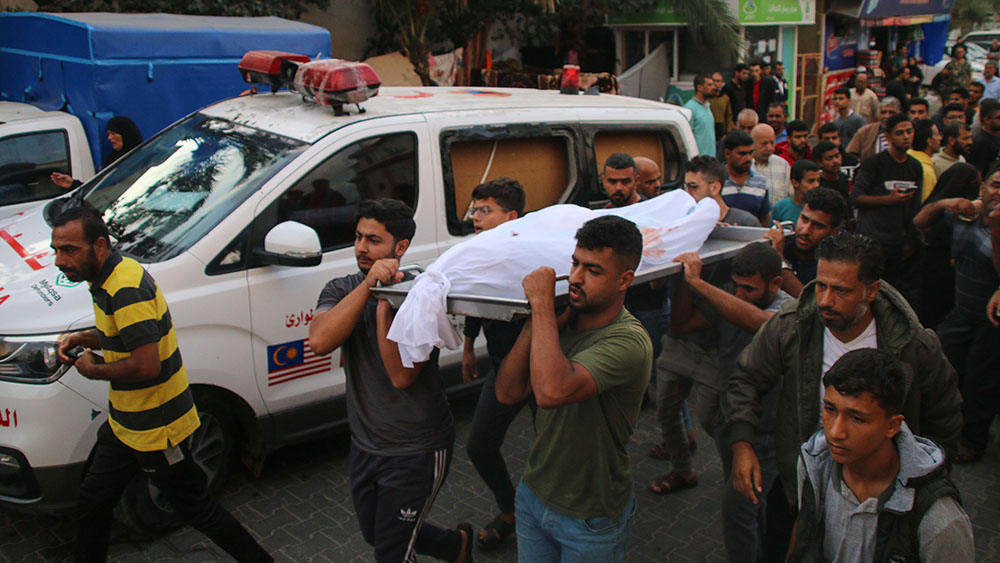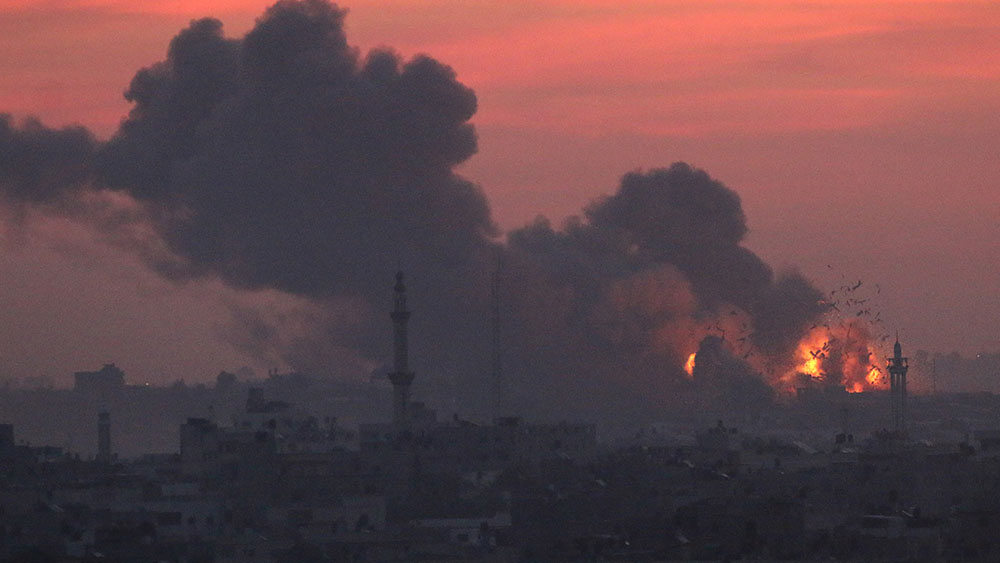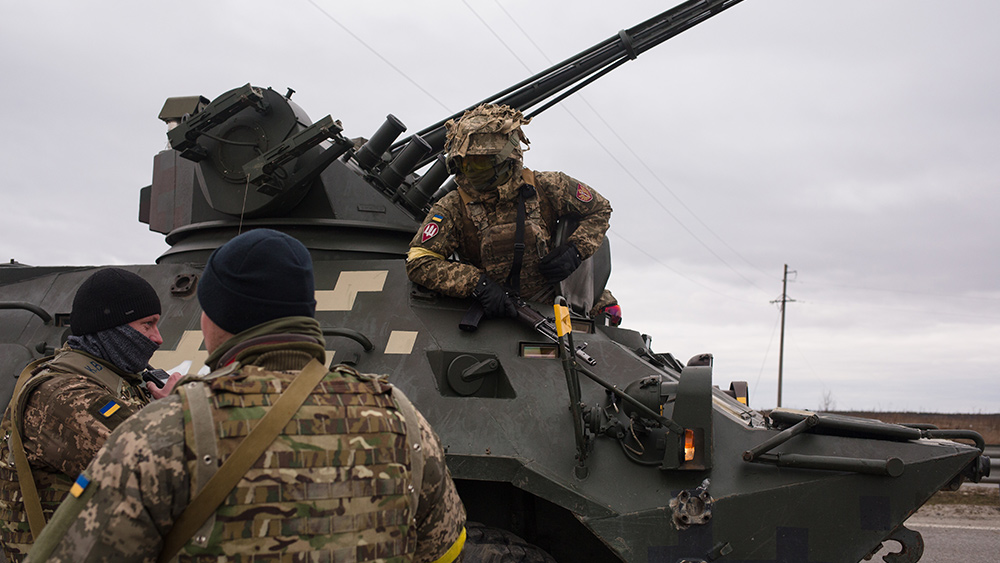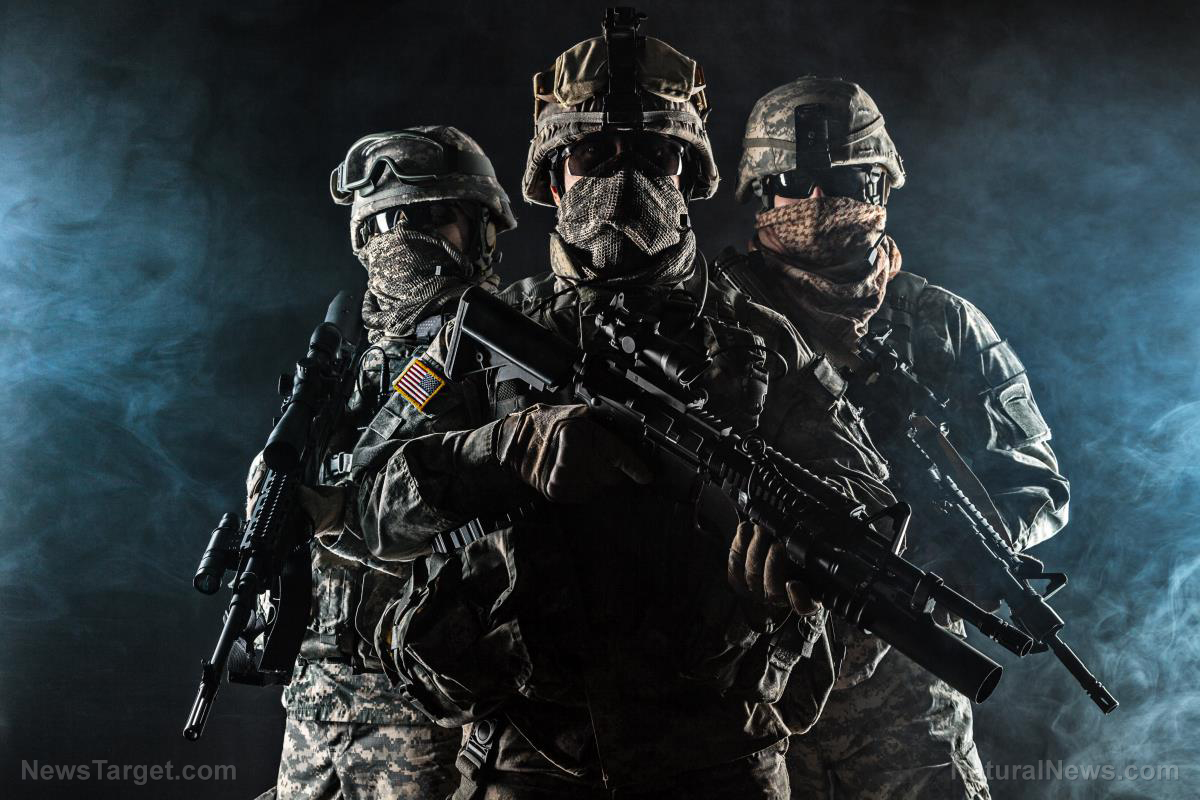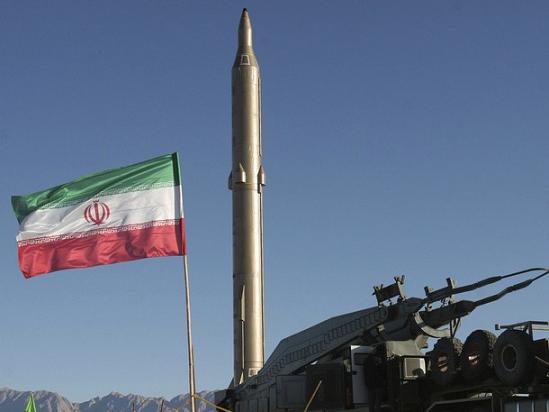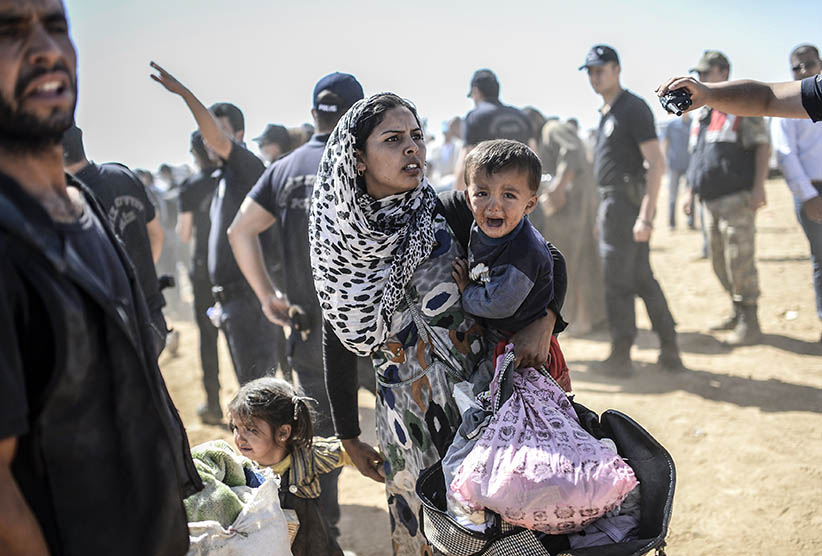Dangerous escalation in Middle East tensions after Israeli strike kills top Hamas operative in Lebanon
01/07/2024 / By Cassie B.

Tensions are escalating in the Middle East after a strike blamed on Israel killed a top Hamas operative, Salah al-Arouri, in the suburbs of Beirut. While the two sides have been exchanging fire daily since Hamas carried out its surprise attack on Israel in October, the killing was the first strike on Lebanon’s capital since the beginning of the latest conflict.
Although Israel has not claimed responsibility for the blast, one advisor to Israeli Prime Minister Benjamin Netanyahu has characterized it as a “surgical” hit on Hamas and not an attack geared toward the Lebanese state.
Arouri was assassinated in a Hezbollah stronghold; the Lebanese terrorist group, like Hamas, is an Iranian proxy and has been designated by both Israel and the U.S. as a terrorist group. Hezbollah chief Hassan Nasrallah has described the attack as a “major and dangerous crime” that “will not go unanswered and unpunished.”
He warned in a televised address: “If the enemy thinks about waging war against Lebanon, then our fighting will be with no ceiling, with no limits, with no rules. And they know what I mean.”
He added: “We are not afraid of war. We don’t fear it. We are not hesitant. If we were, we would have stopped at the front.”
An Israeli military spokesperson said that they are “highly prepared for any scenario” following the attack.
Just hours after Nasrallah’s speech, Israel carried out another significant airstrike in Lebanon aimed at a residential building that was housing members of Hezbollah. The strike killed four Hezbollah members, pushing the total number killed yesterday to nine. This is being viewed as a dangerous escalation that could have ramifications for many other countries.
Iranian Foreign Minister Hossein Amir-Abdollahian denounced what it termed a “cowardly terrorist operation” on Israel’s part, writing on social media: “The evil terror machine of this regime in other countries is a real threat to peace and security and a serious alarm for the security of the countries in the region.”
U.S. sends diplomats to ease tensions
The U.S. has sent special envoy Amos Hochstein to the area in an attempt to soothe tensions. Hochstein played a key role in the talks between Israel and Lebanon in 2022 that led to the establishment of a maritime border. Secretary of State Antony Blinken is also headed back to the area later this week.
State Department spokesman Matt Miller described Arouri as a “brutal terrorist centrally responsible for the attacks on October 7 and other attacks against innocent civilians going back well beforehand.”
When asked if the U.S. believes Israel’s killing of Arouri went against America’s desire to keep the war from spreading, he responded that their concerns of an escalation have not changed as a result of the incident.
“We remain incredibly concerned, as we have been from the outset of this conflict, about the risk of the conflict spreading into other fronts… [but] I wouldn’t say that our concern is any higher today than it has been from the beginning.”
He did concede, however, that Israel did not tell the U.S. in advance that it was going to assassinate the leader. There are fears that an Israeli war against Hezbollah – and by extension, Iran – could draw the U.S. into a Middle East war.
Amal Saad, a regional analyst, told The Washington Post that the Israeli strike sent two messages, telling Hezbollah they can’t continue to harbor Hamas operatives and showing Hamas leaders that no place is safe for them.
Tens of thousands of Israeli citizens have already been evacuated from northern towns bordering Lebanon that have been frequent targets of Hezbollah.
Sources for this article include:
Submit a correction >>
Tagged Under:
big government, chaos, Hamas, Hezbollah, Israel, Lebanon, Middle East, national security, violence, War, world war, WWIII
This article may contain statements that reflect the opinion of the author
RECENT NEWS & ARTICLES
COPYRIGHT © 2017 WWIII NEWS

